Specialized Home Care for Depression in Aging Adults
While aging in their own home helps older adults maintain their independence, it can also be isolating.
The loss of a spouse, siblings, or friends often leads to a decrease in physical and social activity. As such, recognizing depression symptoms becomes increasingly important. Prolonged depression1 leads to an increase in mortality and disability, higher health care utilization, and longer hospital stays.
Signs that an aging adult is depressed, such as grumpiness, weight loss, and extreme fatigue, often get brushed aside as being age-related symptoms.
Caregivers help to combat depression by helping clients remain active and engaged in the community. Even if your loved one is able to care for him or herself physically, home care offers companionship—a person with whom they converse, eat meals, and play games. The role of a Caregiver makes all the difference in quality of life; after all, daily social interaction is a great source of happiness.
Find out more about the Caregivers.
Learn more about our Home Care Services.
To learn about Family & Nursing Care, contact us.
1 Depression in Older Adults, U.S. National Library of Medicine






